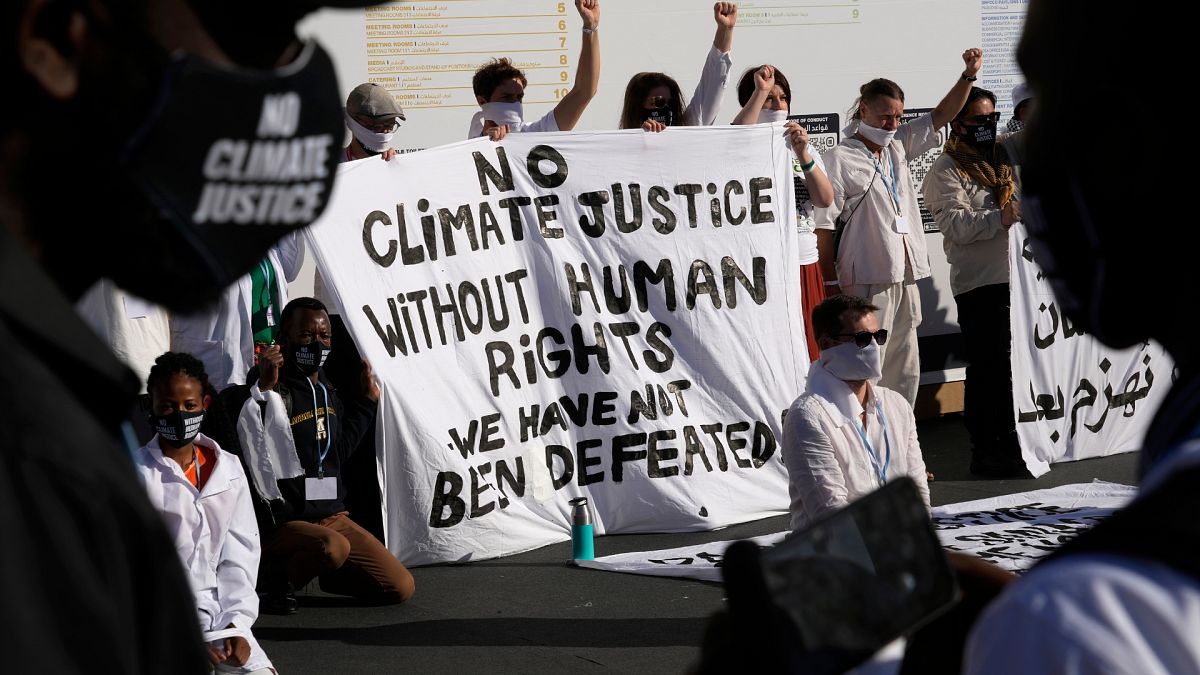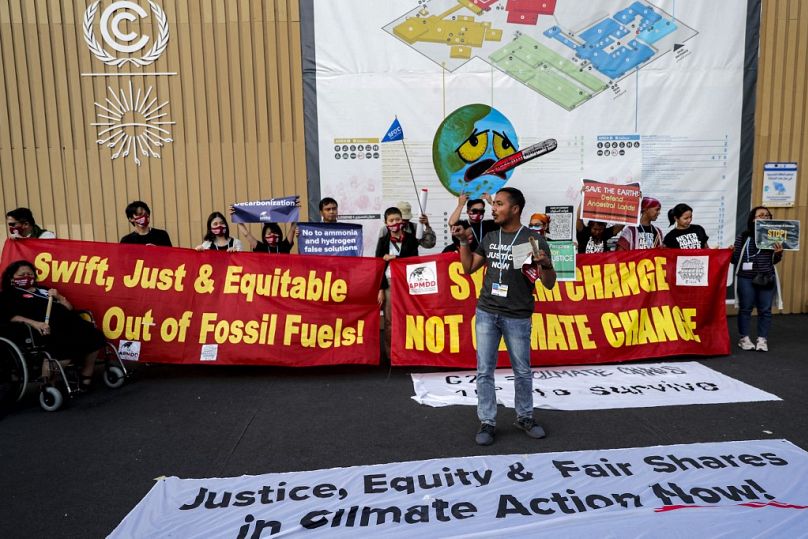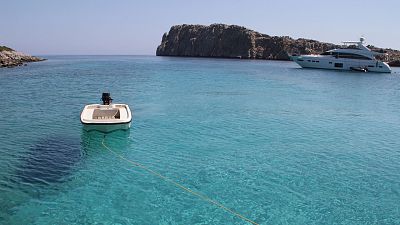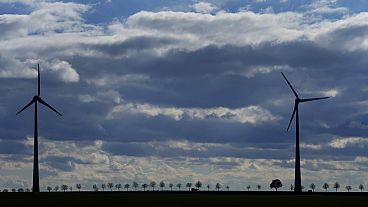Assurances about the ability to "peacefully assemble" and the promise of "inclusive" negotiations, are not enough to reassure activists.
Human rights defenders are preparing for the COP28 climate talks next week in the United Arab Emirates (UAE), amid fears of surveillance and even arrest by the host country's strict authorities.
The UAE, where protests are rarely allowed, has said environmental defenders will be able to "peacefully assemble" in designated areas at the UN climate conference - a vast complex in the middle of the desert in the suburbs of Dubai.
But these assurances, accompanied by the promise of "inclusive" negotiations, are not enough to reassure activists determined to raise issues related to human rights.
"We are deeply concerned about people being detained and arrested," said Asad Rehman, lead spokesperson for the Climate Justice Coalition, which is planning actions on the ground.
“There are also more global concerns about the extent of surveillance,” he told AFP adding: "We know the UAE has the technology to monitor digital communications."
The UAE, an autocratic federation of seven sheikhdoms, bans unauthorised protests, outlaws homosexuality and prohibits criticism of rulers and speech that is deemed to create or encourage social unrest.
Defamation as well as verbal and written insults, whether published or made in private, are prosecutable by law.
The country's penal code also criminalises offending foreign states or jeopardising ties with them.
In 2020, a Jordanian resident in the country was sentenced to ten years in prison for criticizing the Jordanian royal family and government on Facebook, according to Human Rights Watch (HRW).
'The last human rights defender'
HRW and Amnesty International have accused the UAE of detaining at least 64 Emiratis for political reasons. Authorities accuse them of having links to the outlawed Muslim Brotherhood group.
Detainees include Ahmed Mansoor, nicknamed "the last human rights defender" of the Emirates by activists.
Arrested in 2017, he was sentenced the following year to 10 years in prison for disseminating false information on social media and damaging the reputation of the state, under a law on cybercrime.
"The UAE has suppressed any kind of domestic civil society forming by imprisoning... Emiratis who have expressed even mild criticism," Devin Kenney, Amnesty's UAE researcher, told AFP.
"Not for the first time, a COP gathering is being held in a highly repressive state."
On the United Nations website dedicated to COP28, guidelines drawn up by the host country recall that local laws "prohibit the spread of disinformation, fake news or making defamatory statements verbally or on social media".
In a message tailored specifically to participants from the LGBTQ+ community, “all visitors and residents are asked to respect the cultural and societal values” of the country.
Another recommending that journalists not publish information that could “directly or indirectly offend the regime in place” or “undermine national unity and social cohesion” was published last month and then deleted.
It was an "old guide", whose "content is obsolete and is not relevant for the media" participating in the climate negotiations scheduled from November 30 to December 12, the Emirati COP28 team explained to AFP.
Activists plan to raise taboo subjects
Demonstrations, frequent during previous COPs, were authorized during the last UN climate conference in Egypt, where the authorities regularly crack down on demonstrations and detain activists.
This year, gatherings should be confined to the “blue zone” of COP28, a space managed by the UN and not local authorities.
“No actions, no civil society events will take place outside the COP site due to security risks,” says Asad Rehman of the Climate Justice Coalition.
According to him, activists plan to denounce the treatment of migrant workers in the UAE, the detention of civil society actors, as well as the production of fossil fuels - all taboo subjects for the authorities.
“We have been open with the COP28 presidency and the UN and they are well aware ... that one of our calls is that there will be no climate justice without human rights” he said.
A Kenyan activist who has participated in three previous COPs, including the one in Egypt last year, added another layer of worry.
"The safety and security concerns I have right now as someone going to COP is that I am a trans girl and I would have to mask that," said the activist, who spoke on condition of anonymity due to security concerns.




